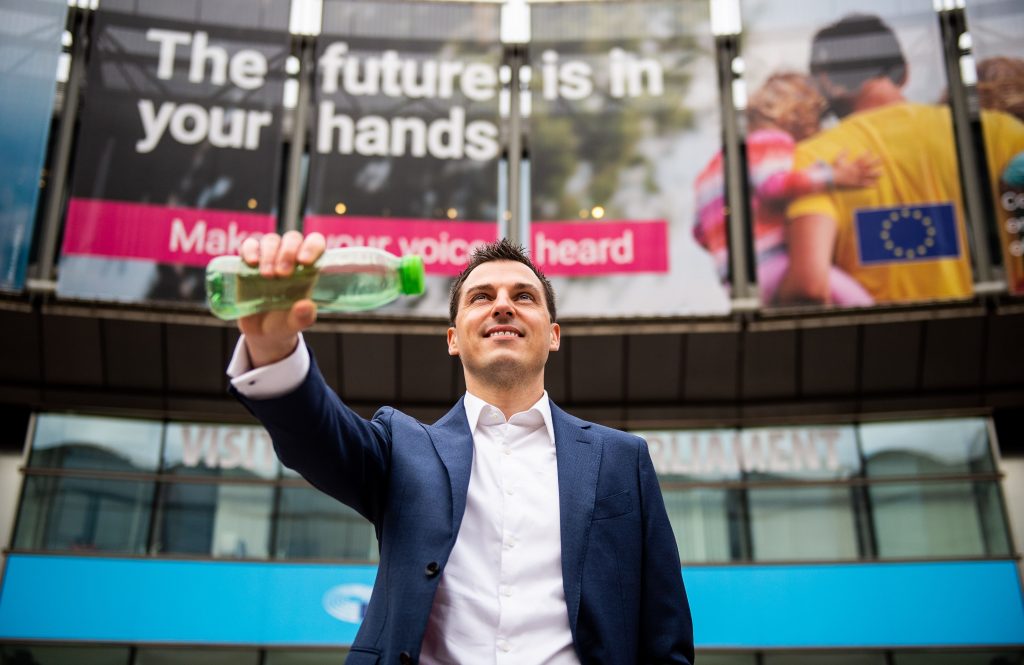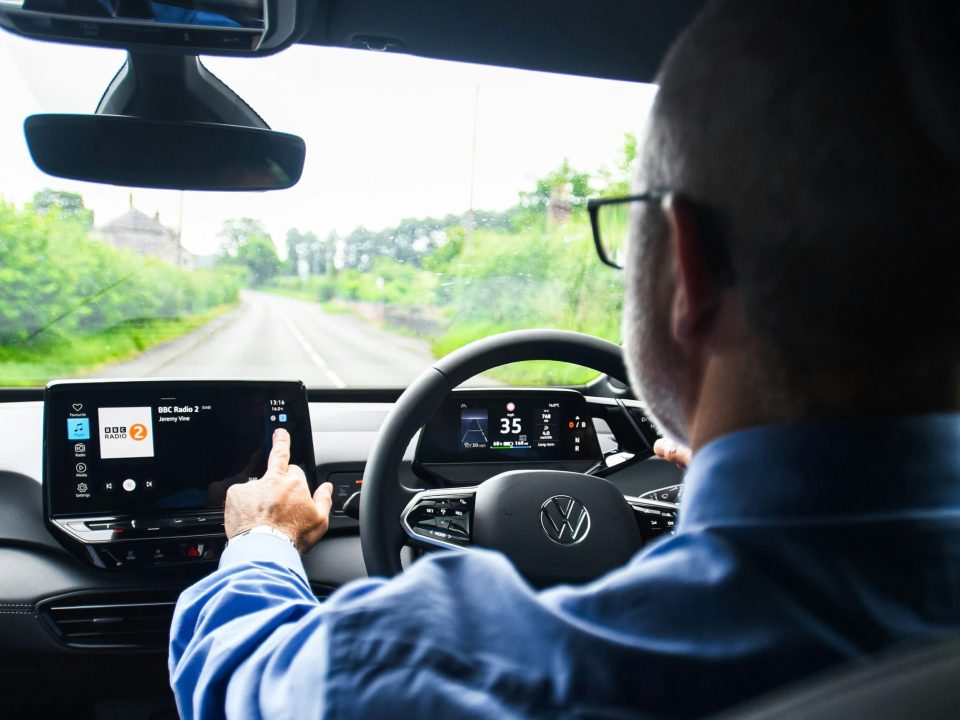The 2nd edition of the Farm to Fork Conference starts today in Brussels, an event focusing on the initiatives linked to the EU Farm to Fork strategy’s action plan. The Conference is meant to support the EU efforts to achieve a global transition to sustainable food systems and put emphasis on transition enablers.
Leading up to World Food Day on October 16th, the 2-day conference is being hosted by the European Commissioner for Health & Food Safety, Ms. Stella Kyriakides, the European Commissioner for Agriculture, Mr. Janusz Wojciechowski and the European Commissioner for Innovation, Research, Culture, Education and Youth, Ms. Mariya Gabriel.
Stakeholders across the food value chain, public authorities, international and civil society organizations, as well as other citizens and the interested public have been invited to join the debate and contribute to the implementation of the EU Farm to Fork Strategy for a fair, healthy and environmentally friendly food system.
Speaking with Travel Tomorrow, Nicholas Hodac, Director General of UNESDA Soft Drinks Europe, noted that the current times are being characterized by a dual transformation, from the consumer perspective as well as from the business one. “Consumers are becoming increasingly aware of what they are eating and drinking. They are more interested in knowing how things are produced.”
These days we live in an environment where businesses understand the growing sentiment of health awareness among consumers, the impact their decisions have on the environment. Businesses want to lead the way forward.
Nicholas Hodac, Director General of UNESDA Soft Drinks Europe
One of the points that will be addressed during the Conference is the EU Code of Conduct on responsible business and marketing practices. The Code, which entered into force on July 5th, sets out the actions that the actors ‘between the farm and the fork’, such as food processors, food service operators and retailers, can voluntarily commit to undertake to tangibly improve and communicate their sustainability performance. These actions can be implementable within their own operations or may encourage collaboration with industry peers and other food system stakeholders (such as farmers and consumers) to make similar changes.

“We were very supportive of the EU Code of Conduct, we wanted to be proactive because it’s an opportunity to demonstrate that we are aware of our responsibility. With actions.” Acceptance of the EU Code of Conduct is voluntary, something that Hodac sees as beneficial for everyone because a legal framework would take much longer. “The Code was ready in six months. This way we can much more easily adapt the commitments if necessary.”
In terms of areas identified by the Code of Conduct, UNESDA Soft Drinks Europe expressed the will to pursue the following two aspirational objectives:
1. Towards a healthy, balanced and sustainable diets for all European consumers
UNESDA Soft Drinks Europe has committed to reduce the average added sugars in its beverages by another 10% from 2019-2025 across Europe. This represents an overall industry-wide commitment to a reduction of 33% in average added sugars over the past two decades. This is in line with one of the UNESDA Soft Drinks Europe’s key pillars, which is making the “healthier choice the easier choice.” This includes not only the reduction of average added sugars but also an improved labelling system that allows consumers to make better informed decisions when they buy.
One of the spillover effects the pandemic has brought about is the heightening of attention on some health concerns such as obesity, diabetes, nutrition in general. “We are the only sector to actually do a reduction of added sugars on average.”
Anyone who has children knows that children spend a lot of time at school. We want to make sure that at school there are healthy choices of drinks.
Nicholas Hodac, Director General of UNESDA Soft Drinks Europe
The commitment also includes not to advertise and market its beverages to children under 13 years across all media, and to lower the audience threshold to 30% so that in practice fewer young children will be directly exposed to advertising for any of its soft drinks. No beverages will be sold in primary schools, while in secondary schools only no- and low- calorie soft drinks will be sold(and only in non-branded vending machines).
2. Towards an optimized circular and resource-efficient food chain in Europe
UNESDA Soft Drinks Europe has committed to achieve closed-loop collection of beverage packaging: 90% collection of PET bottles, glass bottles and aluminium cans by 2030.
There are concerns about plastic being disposed of in rivers, the oceans. The last thing we want is that our bottles wind up as litter. We’re working very actively on trying to avoid that.
Nicholas Hodac, Director General of UNESDA Soft Drinks Europe
UNESDA Soft Drinks Europe has also committed to only use packaging that is circular by design and boosting the uptake of recyclable PET (rPET), as well as to reduce its packaging footprint and increasing the use of refillable packaging. More refillable packaging will be used by 2030 compared to 2020. UNESDA Soft Drinks Europe will also study the best environmental and economic pathway to increase the use of refillable models.
By 2025:
- The beverage packaging (plastic, metal, glass will be 100% recyclable)
- All PET bottles will contain a minimum average of 50% rPET
By 2030:
- All PET bottles will be made from 100% recycled and/or renewable material if technically and economically feasible – thereby moving away from fossil fuel sources

Speaking about his second anniversary at the helm of UNESDA, which Hodac is celebrating today, he expressed his renewed excitement to be at the center of the transformation the industry is going through. “We are working towards a sustainable food system, and what we are doing is going to impact directly citizens and consumers.”
He highlighted the fact that UNESDA Soft Drinks Europe’s members continue to accept their responsibility in society, and to embrace the role they have to play in accelerating the kind of transformation the world needs. “Some might think we should go faster but no one can say we’re not acting. I’m proud to be inspiring others in the food industry to take on similar commitments as ours,” he concluded.













